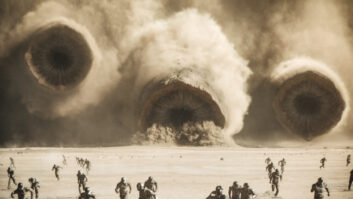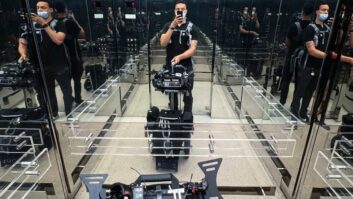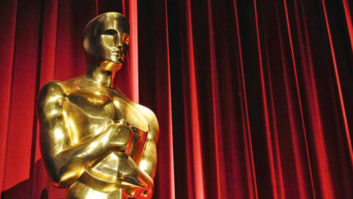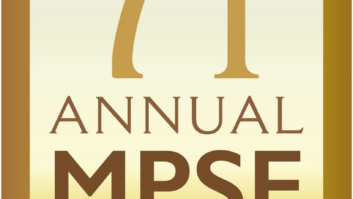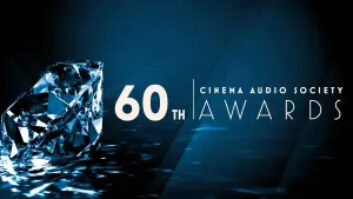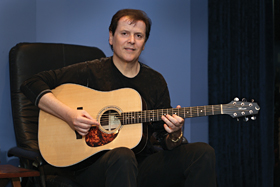
Composer and former prog-rocker Trevor Rabin
Trevor Rabin may not be a household name, but his music has been heard the world over. The first album he co-wrote and recorded with Yes, 90125, became a big comeback album for the legendary prog-rock group in 1983 and remains their best seller. He has scored and/or orchestrated a dozen Jerry Bruckheimer movies in as many years, including Con Air, Armageddon and both National Treasure films.
Raised by a family of classical musicians in South Africa, the guitarist started his professional career as a session player at age 17, and was in the rock band Rabbit before moving to England in 1978. There, Rabin produced bands, toured, did session work and forged a solo recording career. Between ’82 and ’95, he recorded and toured with Yes, and then an encounter with Steven Seagal soon after — specifically, a guitar lesson for the action-movie icon — led to Rabin’s first scoring assignment, The Glimmer Man, in ’96. Since then, Rabin has scored numerous movies, predominately in the action category.
His latest project is Race to Witch Mountain, a sequel to the Disney movie from the ’70s, Escape From Witch Mountain. “I enjoyed it because melodically it was a different kind of style, and action-wise it was a different style,” Rabin explains from his Hollywood Hills home studio. “It was a slightly different angle to doing an action movie.”
One of the clichés of modern action movies is continual and overly bombastic orchestrations, which Rabin tries to avoid. “I think one of the biggest problems is there [is] always too much music in film and [it’s often] telegraphing things rather than letting them happen,” says Rabin. “Why comment on it beforehand and anticipate it? You’re taking some of the scare away. [It’s] a real problem generally in scoring horror movies and even dramas.”
Rabin says he sometimes tries to dissuade clients from using too much music — he notes that Psycho‘s soundtrack contained only 30 minutes of music. “They might think you’re trying to cut down on the amount,” he points out. “I’ll say, ‘I can do it, but please just consider it with silence.’”
But silence is not the business that Rabin is in, and his diverse scores are defined by contrasts. He can pump up the volume, but also provide grace and playfulness to a blockbuster like National Treasure. He counteracted Rock Star‘s ’80s pop-metal soundtrack with contemplative, atmospheric interludes. And he gave the WWI-period piece Flyboys a nostalgic, French flavor while also occasionally using a pennywhistle for a distinctly Irish undertone. The score to the film Get Smart was composed as if it were a straight action picture to enhance the comedy and featured Middle Eastern sounds.
Before he records one of his scores with a major orchestra, Rabin works out his rough ideas in his home studio. He says he has a “pretty comprehensive” Pro Tools system using 14 Digidesign boxes and three systems tied together through three G5s.
“Basically two of the computers, one on the left and one on the right, are my console, and then the one in the center runs my software to do the writing, and feeds into the consoles on the left and right,” Rabin explains. For mixing, he uses four Mackie boards tied together, “basically just a big remote-control extension from the Pro Tools system. The mix goes through the Mackie and back into Pro Tools.” Each Mackie board has 16 channels with eight banks, allowing for hundreds of inputs.
Rabin says that while he is technically proficient, he chooses not to get too bogged down in the gear side of things, leaving that to his capable and talented assistant, Paul Linford, who, he says, “does a lot of cues for the movies and is completely ready to do his own movie. I don’t want to know about the technical side; just get me up so I can do what I’m doing. I try not to get too involved in how he’s got it all set up. I don’t want to get bored with what I’m doing, so the minute I’ve finished something and done a rough mix, he’ll put it in the appropriate place. He gets the stuff off to the copiers to get it done, and I’m out of it by then.”
The composer uses a variety of instrumentation in his soundtracks, and at home he plays guitar, bass, keyboards and mainly piano. He owns a Disklavier electronic piano, which includes a recording device that allows for automatic and accurate playback of a performance and the ability to connect to a MIDI sequencer.
Since he began scoring films, Rabin has stayed busy, and looking back on his composing career thus far, he sees how fortunate he was, especially given his naïve attitude toward diving into cinema. “From the point of view of working with an orchestra, I was very at home with that, and I thought it should be easy,” Rabin recalls. “I got in thinking I was just going to do it, not realizing that most people go through a heavy apprenticeship. It takes a long time to get your stripes.”


